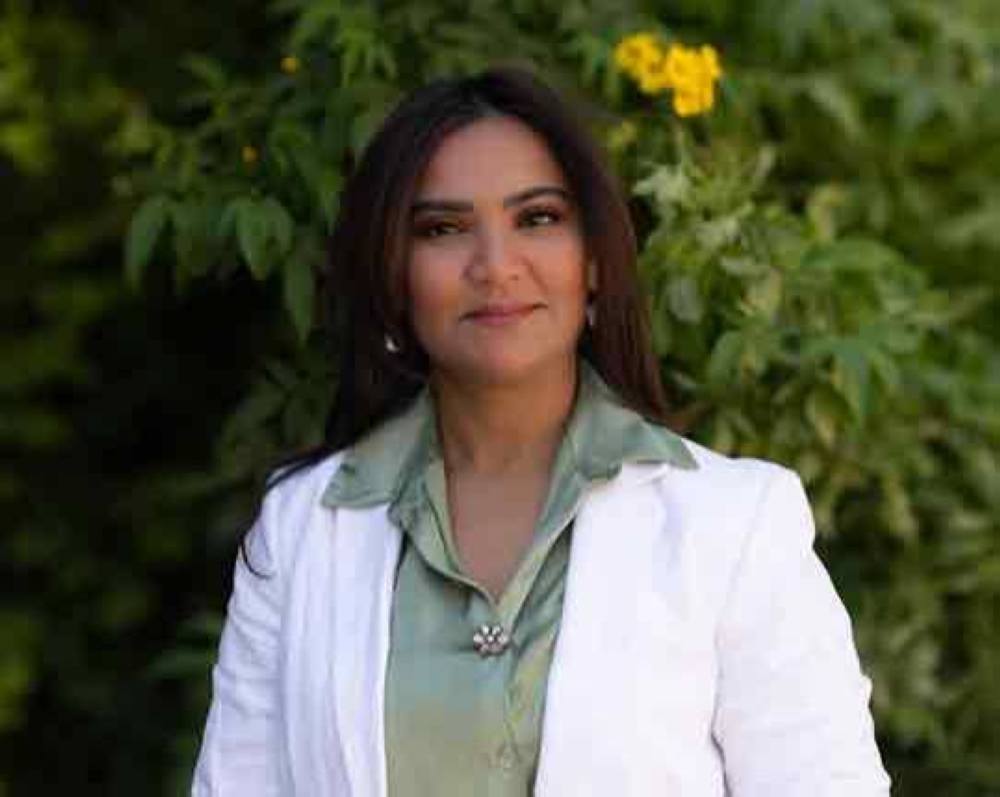A transformation of a different kind takes root in the heart of Riyadh amidst the evolving skyline. Within the walls of Fatima Ibrahim's coaching studio, executives from Saudi Arabia's most prestigious companies come not to learn the latest in business strategy or leadership models but to embark on an internal journey.
Ibrahim, a seasoned human resource (HR) professional turned executive coach, has made it her mission to guide these leaders toward a profound self-awareness, challenging them to confront and manage the ego and unearth their authentic selves. It is a pioneering approach in a culture rich in tradition yet rapidly modernizing, embodying a fusion that mirrors Saudi Arabia itself.
The Genesis of Authentic Leadership
Ibrahim's career spans over two decades in HR and people development, with a significant portion in leadership roles at giants like Saudi Telecom Company, NOKIA, and the Ministry of Economy and Planning in (please specify country). Yet, despite her success, a feeling of unfulfillment lingered — a sense that the traditional coaching methods were merely scratching the surface.
"I saw leaders struggling, not with the complexity of their roles, but with understanding who they were within those roles," Ibrahim reflects. This realization catalyzed her transition to coaching, specifically focusing on authenticity and ego management, areas often neglected in traditional executive coaching paradigms.
Her approach is both radical and simple. Through workshops like "Booster Pill" and "The Way to Authenticity," Ibrahim does more than impart knowledge; she facilitates a space for leaders to dismantle their limiting beliefs, a process she describes as "peeling back the layers to reveal the core of one's professional identity." This method has resonated deeply, making her a coaching trailblazer in Saudi Arabia. She has earned accolades, including the Outstanding Leadership Award at the CXO conference.
Pioneering in a Traditional Landscape
Ibrahim's journey through the coaching industry in Saudi Arabia exemplifies the country's broader cultural and economic transformations. As Saudi Arabia strides toward Vision 2030, the demand for innovative leadership styles that complement this ambitious transformation grows.
Ibrahim's focus on authenticity aligns with this vision, challenging the conventional wisdom that leaders must fit a certain mold to succeed. "Authenticity is the foundation of effective leadership," Ibrahim asserts. "Leadership is about leading from a place of self-awareness and integrity, qualities that are universal."
Yet, her path has not been without challenges. In a field crowded with traditional executive coaches, her focus on the inner self was initially met with skepticism. However, with over 150 clients coached and recognition as one of the top ten executive coaches, the impact of her work is undeniable. "In my field and country, I have not seen coaches coaching for authenticity... I believe this is where true transformation begins," she states.
The Future of Coaching
Ibrahim is optimistic about the evolution of coaching in Saudi Arabia and the Middle East. Her ambition is to expand her practice and shift the narrative around leadership development from one focused on external achievements to one that values the internal journey. "The future of coaching relies on its ability to adapt and address the person as a whole, not just the executive," she predicts.
Her vision for the future goes beyond personal growth to influencing a new generation of authentic and emotionally intelligent leaders. "Leadership is not a title or a position, but a way of being," Ibrahim concludes. "When we lead from a place of authenticity, we not only achieve our goals but also inspire those around us to do the same."
Ibrahim's story is more than a tale of personal success; it illustrates the transformative impact of authentic leadership. As Saudi Arabia rapidly develops, the principles Ibrahim champions are cultivating leaders capable of navigating the complexities of modernity with integrity and self-awareness.

Fatima Ibrahim
